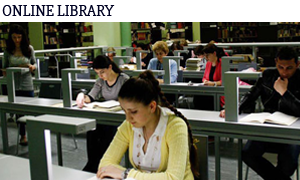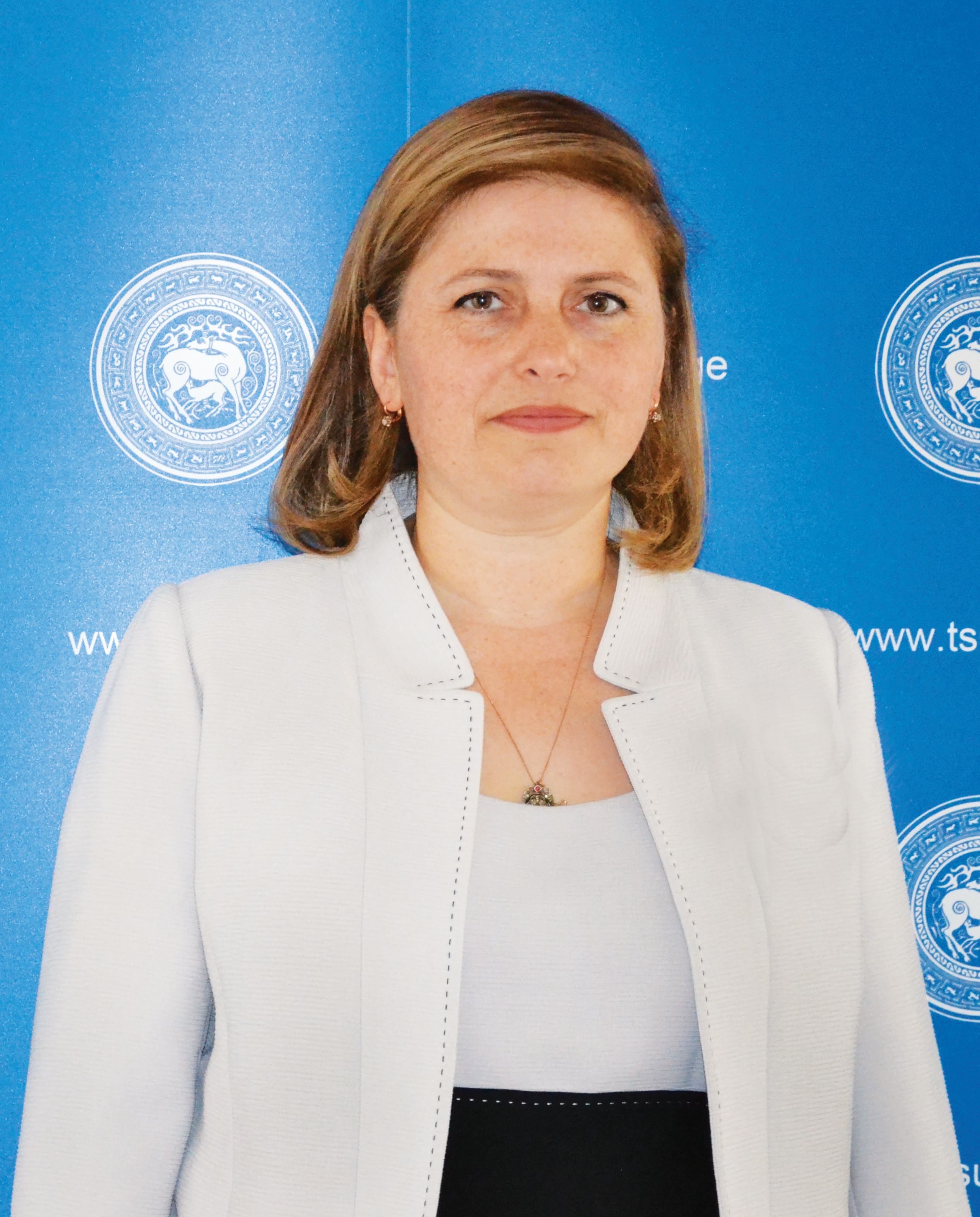
Georgian Food Security Strategy in the Context of Globalization
With globalization it becomes increasingly important to protect citizens against the influx of unfamiliar foods which may be poor in quality and unhealthy—or may even present a danger for public health. The increasing amounts of unsafe, falsified, genetically modified and other foodstuffs can have adverse effects on the environment, on economic development and on human health.
To develop a food security strategy, research was conducted at the Faculty of Economics and Business of Ivane Javakhishvili Tbilisi State University in 2012. The project entitled ‘Strategic Trends of Food Security in Georgia under Globalization’ was created using data for 2007-2012, and its key goal was to highlight the topic of food security and its role in Georgia’s sustainable development and social welfare. Food security and poverty indicators, as well as shortcomings existing in food provision and food safety were assessed and analyzed within the study.
The authors of the research, Professors at the Faculty of Economics and Business, Marina Chavleishvili, Gulnaz Erkomaishvili and Rusudan Seturidze, noted that “the amount of local foodstuffs consumed by the Georgian population is very low, and the public has expressed its discontent at unstable, high prices and increasingly unsafe products. Local agriculture should play an important role in solving these problems, yet presently represents only 9.3% of Georgia’s GDP”.
Locally produced food shortages are being filled by imported products, but not sufficiently. According to 2012 data, Georgia’s imports amounted to $7,842,100 with food imports at $1,050,000. Thus the share of foodstuffs in the gross import was 13.4%. In 2007, however, gross imports were at $5,212,200, including imported foodstuffs at 13.65%. Compared to 2007, the total import figures for 2012 have increased by approximately 33.50%.
At present local agricultural production partially satisfies the demands of the market for bread and grain products, wine, beer, vegetables, potatoes, and fruit. About 45-48% of fruit sold in the market is produced domestically; this is true for 40-45% of grapes, 75-80% of vegetables, 25-27% of beef and 38-42% of milk and dairy products. Cattle-breeding and crops amount to approximately 48% each within the Georgian agricultural sector, and 95% of crops are produced by individual farmers. However, compared to previous years, the production of crops and cattle-breeding has decreased.
To meet the terms of the Deep and Comprehensive Free Trade Agreement between Georgia and the European Union, the country needs to significantly improve its sanitary measures, phytosanitary parameters and food security. Georgian law must align its policy and legislation in line with EU regulations, as agreed by commitment to the Partnership and Cooperation Agreement with the European Union, since NATO and EU membership are both priorities for Georgia. The European Neighborhood Policy seeks to ensure maximum food safety. This Regulation (EC) No 178/2002, approved by Georgian law in 2002, lays down the general principles and requirements of food laws. According to Article 49 of this regulation, all countries that recognize European legislation and participate in cooperation agreements, must comply.
To meet commitments undertaken in the sphere of food safety, the Government of Georgia adopted a Law on Food Safety and Quality in 2005, defining a legal framework for the EU legislation. According to this norm, the responsibilities of persons involved in the food business, as well as government agencies--including the National Service of Food Safety, Veterinary and Plant Protection--were to be increased. However, as a result of amendments made to the law by the Government on December 2006 and by the Parliament on June 29, 2007, the validity of several articles (for example, Article 14: Registration of Food Producing Enterprises; Articles 22 and 23: State Inspection of Food Businesses) was suspended until January 1, 2010. The state retained only a monitoring function.
The suspended articles came into operation from 2010, and in an initial stage, from July 2010, businesses exporting their goods to the EU were submitted to compulsory inspection, while in a second stage, from 2011, the requirements related to inspection became compulsory for all exporters. The Government of Georgia adopted a comprehensive food safety strategy on December 28, 2010 (Decree No 1756). Although the regulation of food security problems now has an institutional and legal framework, the amendments from 2007 actually distanced Georgia from EU requirements--something that should be rectified immediately, as it is crucial to increase efficient monitoring by the government.
Since the Deep and Comprehensive Free Trade Agreement between Georgia and the European Union envisages more convergence between policy and legislation in food security, phytosanitary and sanitary measures with the EU regulations, the EU has been rendering significant technical assistance to Georgia to increase its capacities in this sphere. The Comprehensive Institution Building Programme (financed by the EU, €2.70 mln) was implemented in 2012 to improve the performance of the National Food Service. The current Twinning Project assists the Revenue Service (€ 1 mln) to ensure food safety at borders. Through the Food and Agriculture Organization (FAO) the EU assists Georgia to control foot-and-mouth disease. Technical assistance projects like TAIEX are being continuously carried out to improve the mechanism of food safety.
An EU-funded Project on Strengthening the National Customs and Sanitary-Phytosanitary Border Control System in Georgia (€ 1.8 mln) provided a unique opportunity to the Georgian Revenue Service. Danish, Italian and Estonian customs and veterinary control administrations worked jointly to strengthen Georgia’s border control system and to ensure food safety, veterinary and phytosanitary control at the borders. This project will strengthen food safety controls for imports and the results of have been extremely important.
However the situation in Georgia is still deplorable in terms of food security and food provision. According to this study, Georgia faces many problems concerning food supply. The market faces shortages of local foodstuffs, and local industrial resources are not utilized efficiently, leading to a low level of agricultural production. The level of production technologies, highly skilled staff and modern information and communication technologies is extremely low. The regulation of food security problems has an incomplete institutional and legal framework and the promotion of food exports is poor. The level of poverty is high, thus food expenses take an inordinate part of total consumer expenses, while pace of the training and promotion of small and average farms is extremely slow, and the food safety system is still poor.
Georgia’s food security strategy should be based on the development of the agricultural sector:
- Agriculture should become a priority and be promoted by the state;
- Competitiveness should increase—not through imposing barriers on imports but through increasing the competitiveness of local production;
- National food safety and quality assurance strategies should be developed;
- Georgia’s food production and its food security should meet EU requirements;
- Organic food production should become one of the strategic priorities of Georgian agriculture, as it will promote the access of Georgian products to world markets as an important niche to popularize Georgian production abroad.






